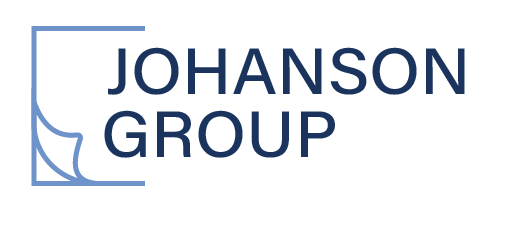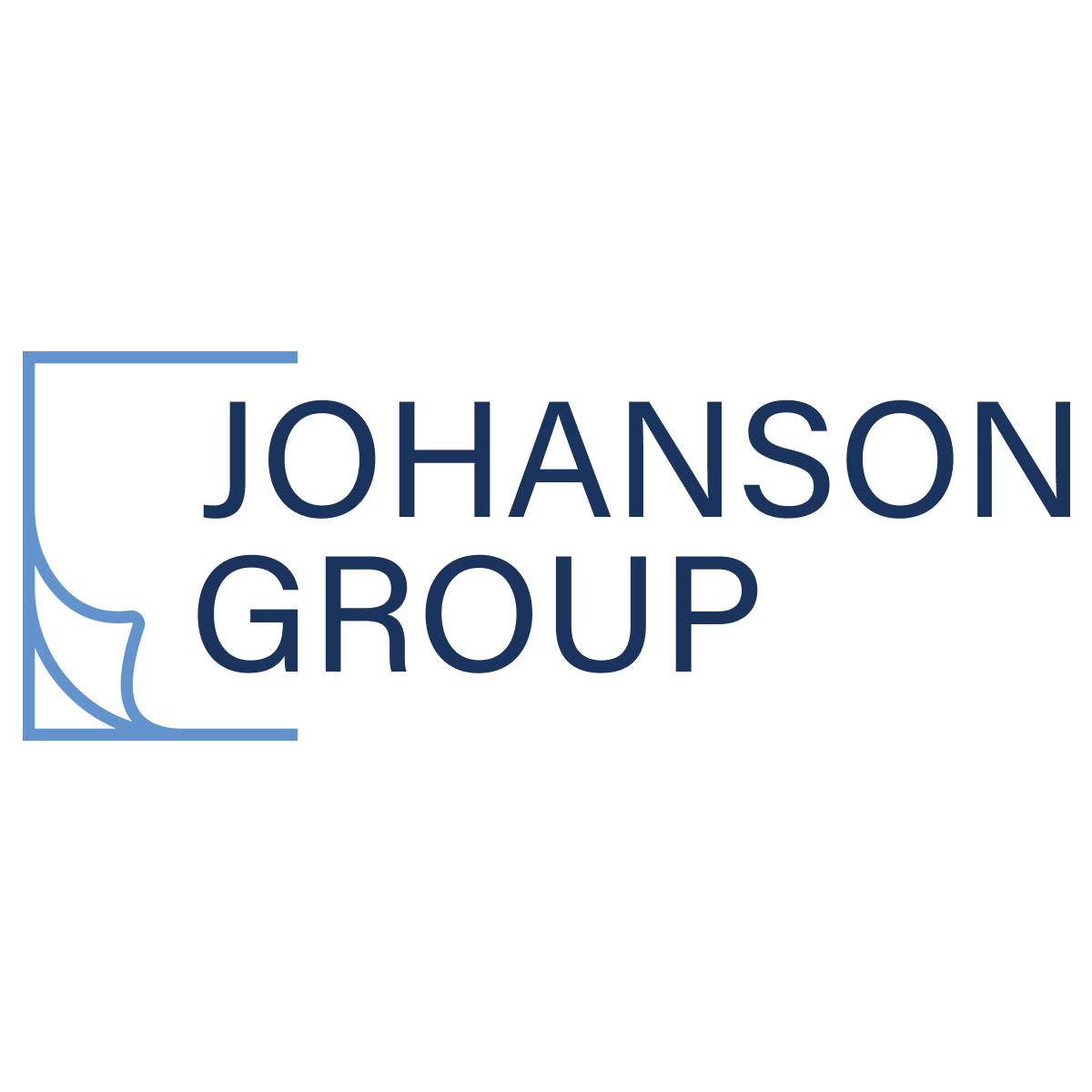Key Differences Between ISO 27001 and 27002
Information security is a pressing concern for organizations.
Cyber threats are on the rise, and more personal information falls into the wrong hands every day.
That's why organizations with an ISMS (information security management system) rely on standards in a set of series called the ISO 27000 series published by the International Organization for Standardization (ISO) and the International Electrotechnical Commission (IEC). Within the ISO 2700 series are the ISO 27001 and 27002.
This article will discuss some key differences between ISO 27001 and 27002 and how each standard helps protect an organization's data from cyber threats.
But before we go into the differences, it's important to note that the ISO 27000 series standards focus on information security. They do not include physical safety, personnel security, or software development requirements.
ISO/IEC 27001 and 27002, what's the difference?
While seemingly similar, the two are just as different. If combined into one singular standard, the compliance criteria would be too complicated to implement and use practically.
To keep it simple, ISO 27001 is a recognized standard for an organization's ISMS. Think of it as a checklist of everything you must complete to receive compliance certification.
ISO 27002 references cyber security, privacy protection, information security, and risk assessment rules.
So, the key differences between the two are:
Details: ISO 27001 is broad regarding ISMS implementation controls and rules, while ISO 27002 offers detailed recommendations for compliance criteria.
Applicability: Every ISMS organization and business isn't the same; therefore, following ALL of the recommendations listed in ISO 27002 wouldn't be realistic or needed. ISO 27001 requires organizations must undergo a risk assessment to identify risks but doesn't specify which ones. That is where ISO 27002 comes in handy. Use it as a guide for compliance to prioritize potential risks for your organization.
Certification: Your organization can only be certified in compliance with ISO 27001 standards. Becoming certified means your organization is fully compliant in your efforts to manage confidential data and information–both your employees and your customers.
Looking for ISO 27001 Compliance Certification? Start now.
What is the benefit of gaining ISO 27001 compliance certification?
ISO 27001 is considered the gold standard for information security management.
It helps organizations implement a system of internal controls to control and monitor their information security risks.
The goal of ISO 27001 is to ensure that an organization maintains a high level of protection for its customers, business partners, employees, and suppliers by implementing an effective ISMS (Information Security Management System).
Organizations can meet this goal by complying with the standards outlined in ISO 27001/27002:
Risk assessment
Asset classification and identification
Control implementation and maintenance
While it's true that you can implement an effective information security program without certification, it's highly recommended to do so because most top-tier customers require certification before they'll consider doing business with you.
This requirement makes sense when you consider that any company possessing sensitive personal or financial data would want to know that their provider has taken all necessary precautions to safeguard this information against cyber attacks. A certificate of ISO 27001 compliance will help ensure this protection.
Examples of how ISO 27001 and ISO 2007 are different:
The focus of the standards:
The focus of both standards is on information security management, but they take different approaches.
ISO 27001 focuses on information security management and is a generic standard, meaning that the criteria within ISO 27001 can apply to any organization regardless of its sector or industry.
ISO 27002 focuses on data security and is specific; it provides guidance for implementing specific controls within an organization's IT infrastructure (e.g., firewalls).
An organization must determine what type of system or system components will be covered by this standard. For example, a financial institution would focus on entirely different control standards to comply with than a healthcare organization would.
Process vs. implementation requirements:
In addition to addressing different organizational needs based on sector and industry type, these standards also differ in process requirements versus implementation requirements—that is, how they handle each step required during your risk management program's lifecycle.
Both standards include sections dedicated solely to defining policies explicitly related to risk assessment (ISO/IEC 27000 - 4) and how to implement the suggested measures into daily operations, such as incident response plans (ISO 14701).
Why you need a CPA firm to help your organization with your ISO 27001 or ISO 27002
When managing ISO 27001 or ISO 27002, you need a CPA firm to help your organization with the following:
A plan:
A solid plan aligned with your business goals and objectives will be essential to ensure success. You will also want to ensure that all key stakeholders are involved in developing this plan.
Processes and procedures:
Once you have created your plan, it is crucial to define how you will implement it within your organization so everyone knows what's expected of them when carrying out their responsibilities as needed throughout each stage of the ISMS life cycle.
Knowing the right tools to use for your specific industry and organization:
For example, if your organization is sharing sensitive data across different departments, you will probably need encryption technology like passwords and biometrics authentication systems (fingerprint readers). An experienced CPA in ISO 27001/27002 compliance can suggest the right tools to help you meet compliance criteria.
Information security is laudable. It needs to be done right to make sure that it is effective.
To recap: The difference between 27001 and 27002 is that they both focus on information security but differ in how they go about it.
ISO 27001 focuses more on the processes of an organization, while ISO 27002 focuses more on the products or services that an organization provides.
The best way to protect yourself from cyberattacks is by having a team of professionals who understand both standards to help implement them correctly for your business needs.
Ready to get ISO 27001 certified? Contact Johanson Group today to get started.



